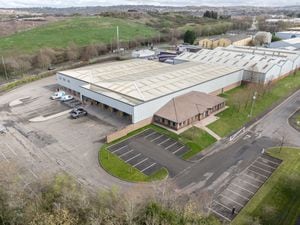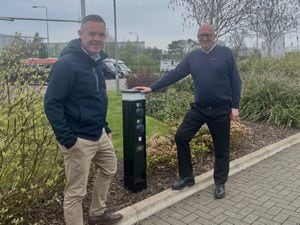2 Sisters food plant use interpreters with workers from 18 different nationalities
A major chicken supplier at the centre of a food hygiene standards investigation is overcoming challenges in communicating with its workers of 18 different nationalities.

MP Neil Parish, chairman of the Government’s environment, food and rural affairs committee, said that some workers at 2 Sisters did not speak English, which meant the company had to work ‘very hard’ on interpretation.
Last year, a media investigation found problems with hygiene at its West Bromwich plant, including meat being returned to the production line after falling on the floor.
MORE COVERAGE:
Mr Parish visited the site on Thursday to check on improvements made by the Government.
Asked if many of the workers spoke or understood English, he said: “Some don’t. I think there are 18 different nationalities.
“Naturally, some people have different levels of English.
“It’s a challenge for a plant like this.
“If you are going to get the right hygiene and have a process which works, you have to make sure your workforce understands what they are doing and what they should do in whatever language they speak.”
He added: “That is where they [2 Sisters] have worked very hard, to make sure an interpreter is there when they do training.
“Someone is there who can explain it exactly to the workforce, why they are doing it and why they need to do it.
“That was the biggest problem. Half the time the workforce probably didn’t understand exactly why they had to do something.
“I think that is where there is an improvement.”
A spokesman for 2 Sisters said the company always had to be innovative and clever with communication across different nationalities working for them.
“It’s another aspect of our business we feel we lead on compared to other companies of our size,” he said.
The company came under fire after undercover journalists found problems at the West Bromwich plant.
They also produced evidence of chicken being relabelled to change the date of kill.
The company temporarily closed the Black Country plant in October.
It has since changed hygiene procedures and introduced further training to staff. CCTV has also been brought in.
The footage can now be viewed by the Food Standard Agency.
Mr Parish added: “I think it’s been a wake-up call and I think that they have reacted and they have reacted well – but I said, as we left, ‘you need to now maintain the standard, even improve it’.”





